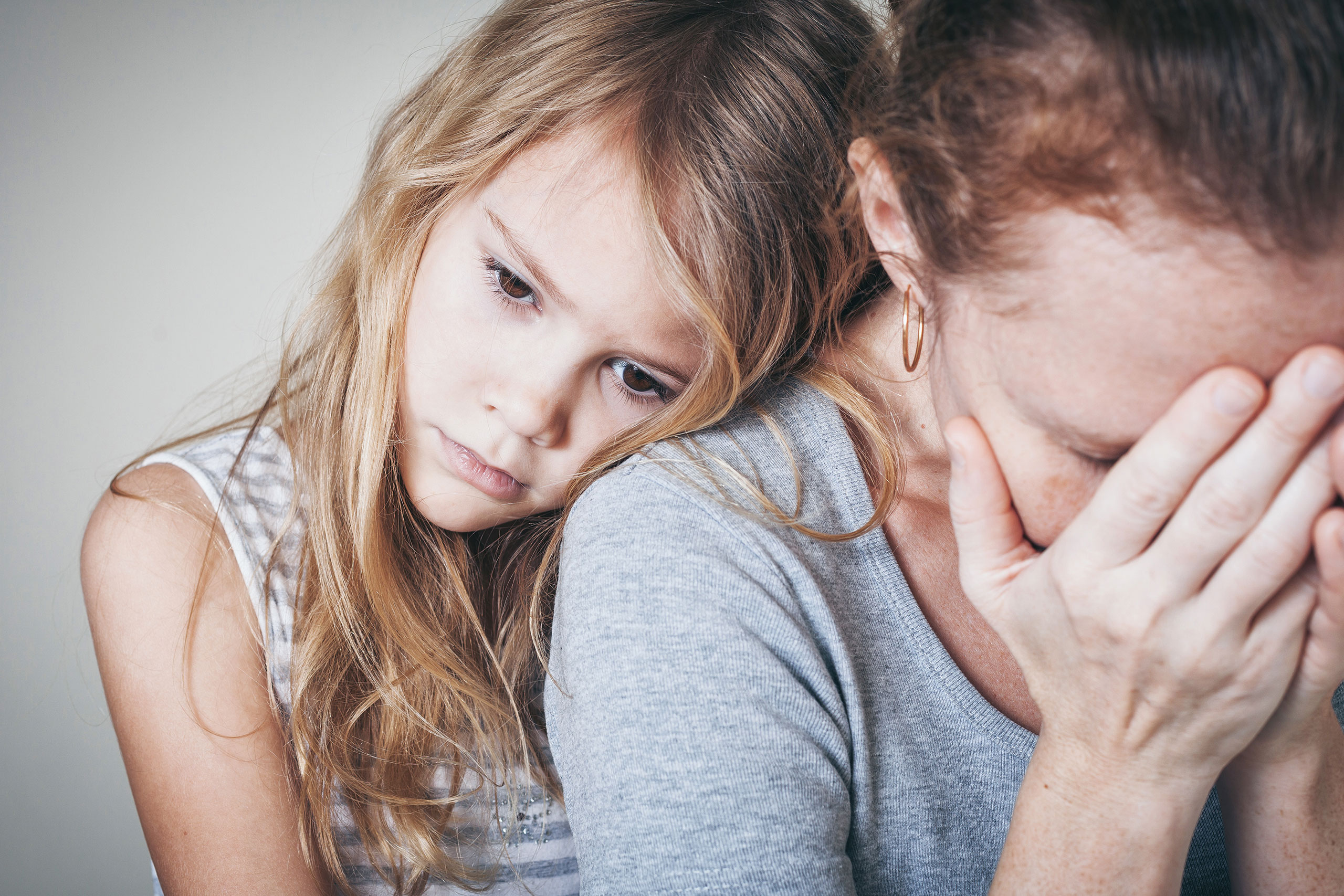Losing a Companion Animal: Myths and Misconceptions
The popularity of companion animals in American homes is continuing to grow. Recent reports indicate more than 49% of U.S. households have at least one companion dog or cat. Unfortunately, the normal life span of most companion animals is much shorter than our own. This means, sooner or later most pet owners will experience the loss of a beloved companion animal. Whether struggling with an animal’s chronic illness, facing a decision about euthanasia, or mourning the loss of a companion animal, our reactions may be so intense that we feel overwhelmed by them.
Yet grief at the loss of a beloved companion animal is no different from that of losing a friend or family member. Grief is a natural, spontaneous response to the loss of a significant relationship. However, society still lacks knowledge on how this loss impacts many pet owners.
Here are a few myths and misconceptions surrounding this type of grief and how we can better understand it’s impact:
There is nothing special about the relationship between animals and humans. The relationship with a companion animal can be just as special and loving as those you have with any other family member or close friend. Loving an animal is different from loving a human being, because a companion animal loves you in a way that people cannot: unconditionally.
Losing a pet is less painful and less significant than losing a friend or family member. Pain over the loss of a companion animal is as natural as the pain you would feel over the loss of any significant relationship. Companion animals weave their way into every aspect of your daily life, and in some ways it may be even more difficult to cope with losing them. Once they’re gone, you are repeatedly presented with evidence of their absence and constantly reminded of your own grief.
Having close relationships with animals (and grieving at their loss) is abnormal and unnatural. Do not let anyone influence you to believe that your relationships with your companion animals are somehow wrong or less important than those you have with humans. Grief is the normal response to losing someone you love, and grief is indifferent to the species of the one who is lost.
Relationships we have with animals are not as important as those we have with humans. Having deeply meaningful, spiritual and healthy relationships with animals is not abnormal, and in some cases may be more emotionally healthy, spiritually healing and personally rewarding than those we have with humans. Companion animals offer us a kind of loyalty, devotion and unconditional love that often cannot be found in the more complicated relationships we have with friends and family members.
Death of a pet can be a useful “dress rehearsal” for the real thing, especially for children. The death of a pet is often a child’s first real encounter with a major loss. Suddenly friendship, companionship, loyalty, support and unconditional love are replaced with overwhelming and unfamiliar feelings of loss, confusion, fear and grief. Far from being a so-called dress rehearsal, for most children pet loss is a profoundly painful experience.
Most people think of euthanasia as a quick and easy way to get rid of a sick, dying, old or unwanted animal. Deciding when and whether to euthanize a companion animal is probably one of the most difficult choices a pet owner will ever have to make. On the one hand, you know that choosing to end your pet’s life will intensify your own emotional pain, yet postponing the decision may prolong your pet’s pain and suffering needlessly. At such times it is very important to explore all aspects of the euthanasia decision with your veterinarian and with others whom you trust and to trust your own intuition.
Conducting rituals, funerals or memorial services for dead animals is a frivolous waste of time and money. Whether for companion animals or for humans, death ceremonies and rituals help to support one another in grief, acknowledge the important role your loved ones played in your life, honor the memory of your departed companions, and bring meaning to your loss.
Few of us are prepared to face the pain associated with the death of a companion animal. It is important to inform ourselves and understand that grief, no matter what the loss, is normal. Finding a safe place to express and work through your feelings of grief can help you cope with the agony of pet loss.

